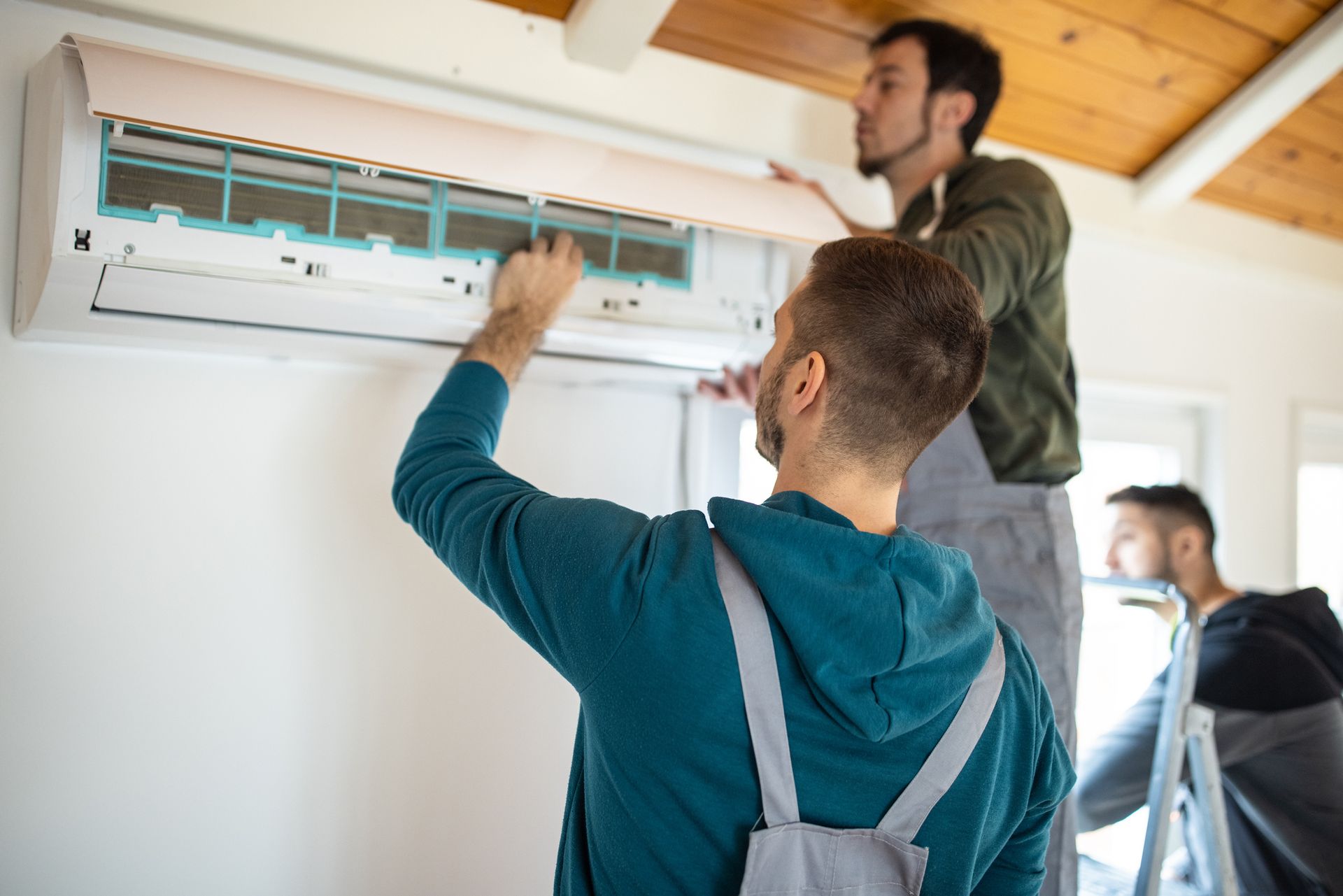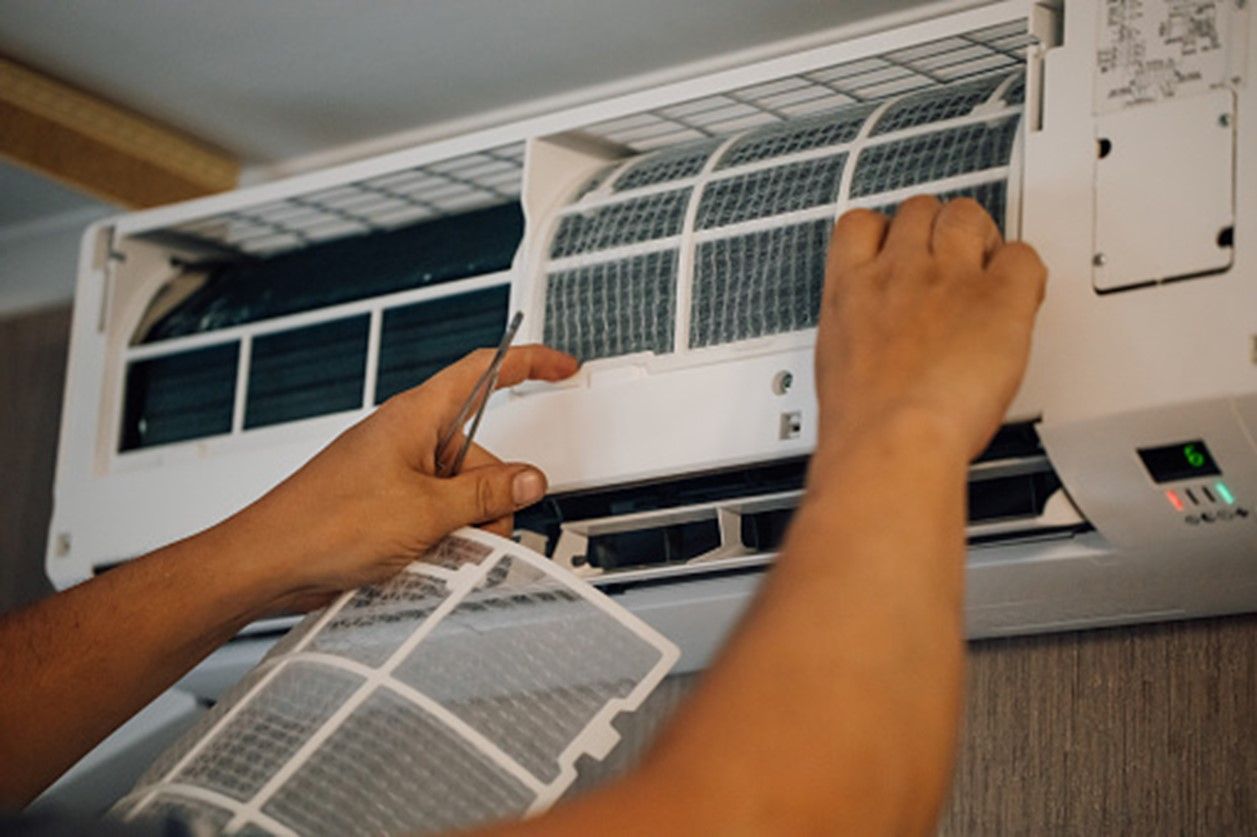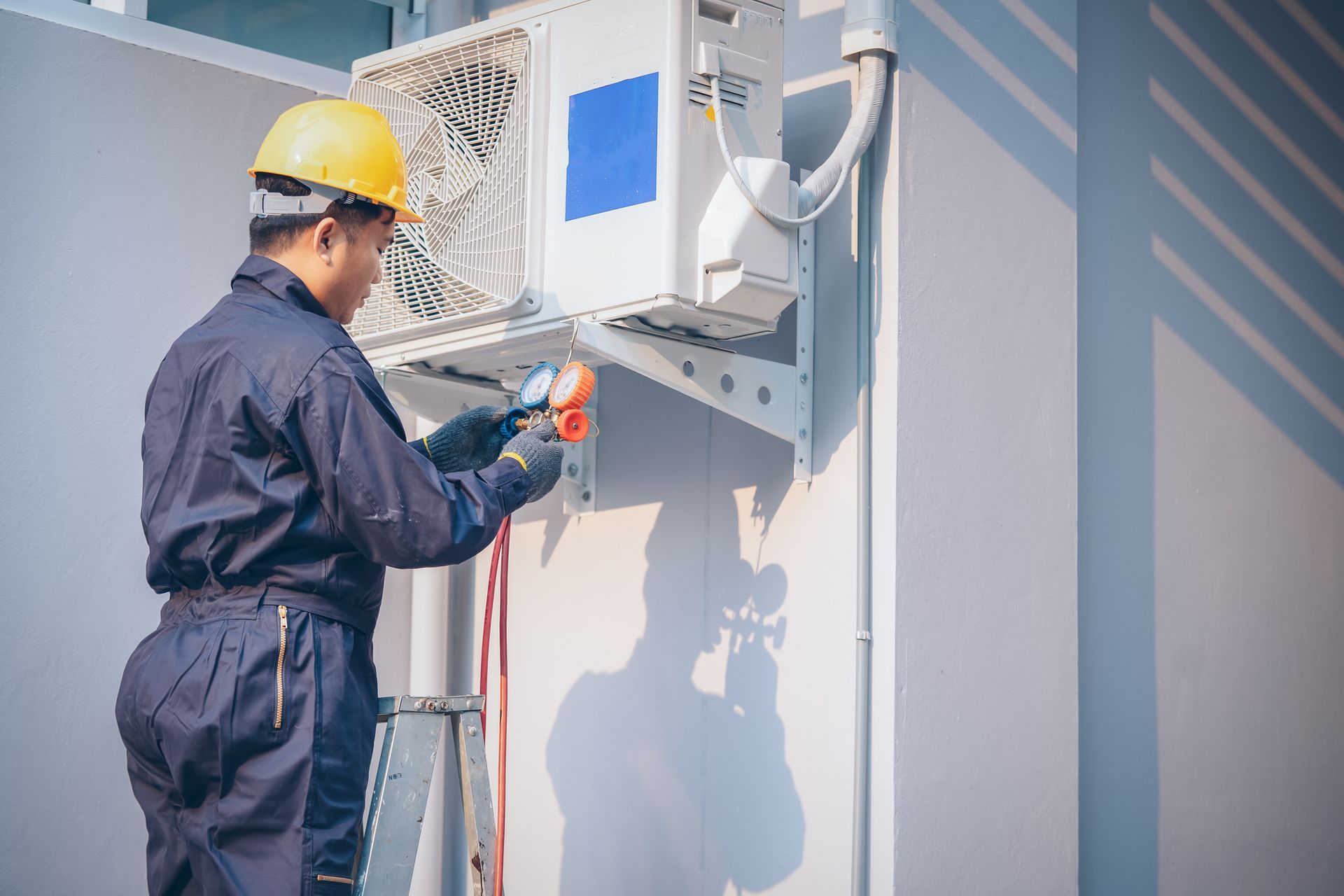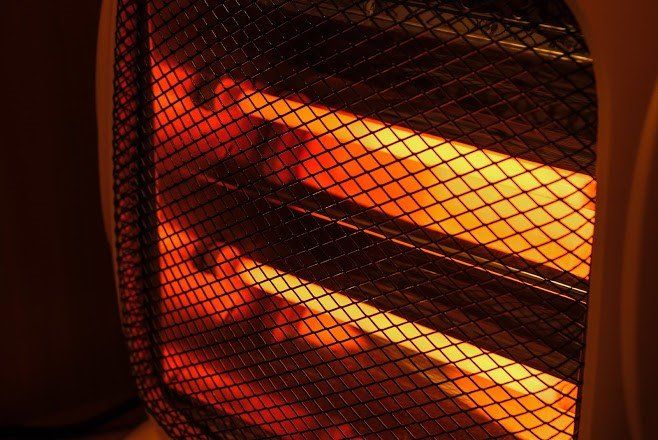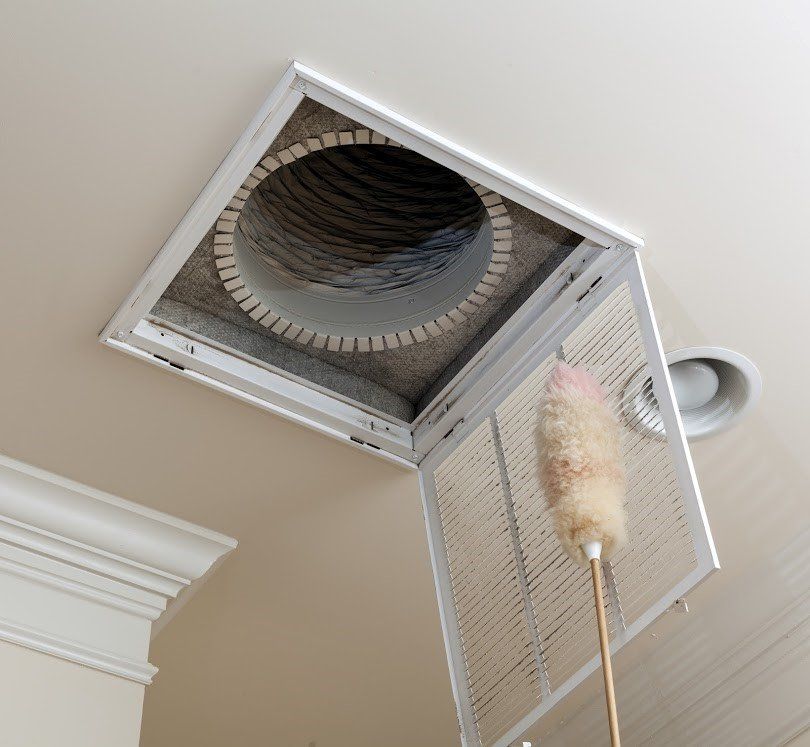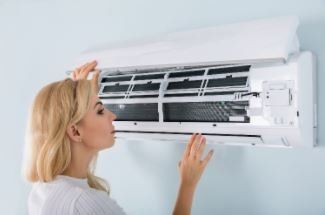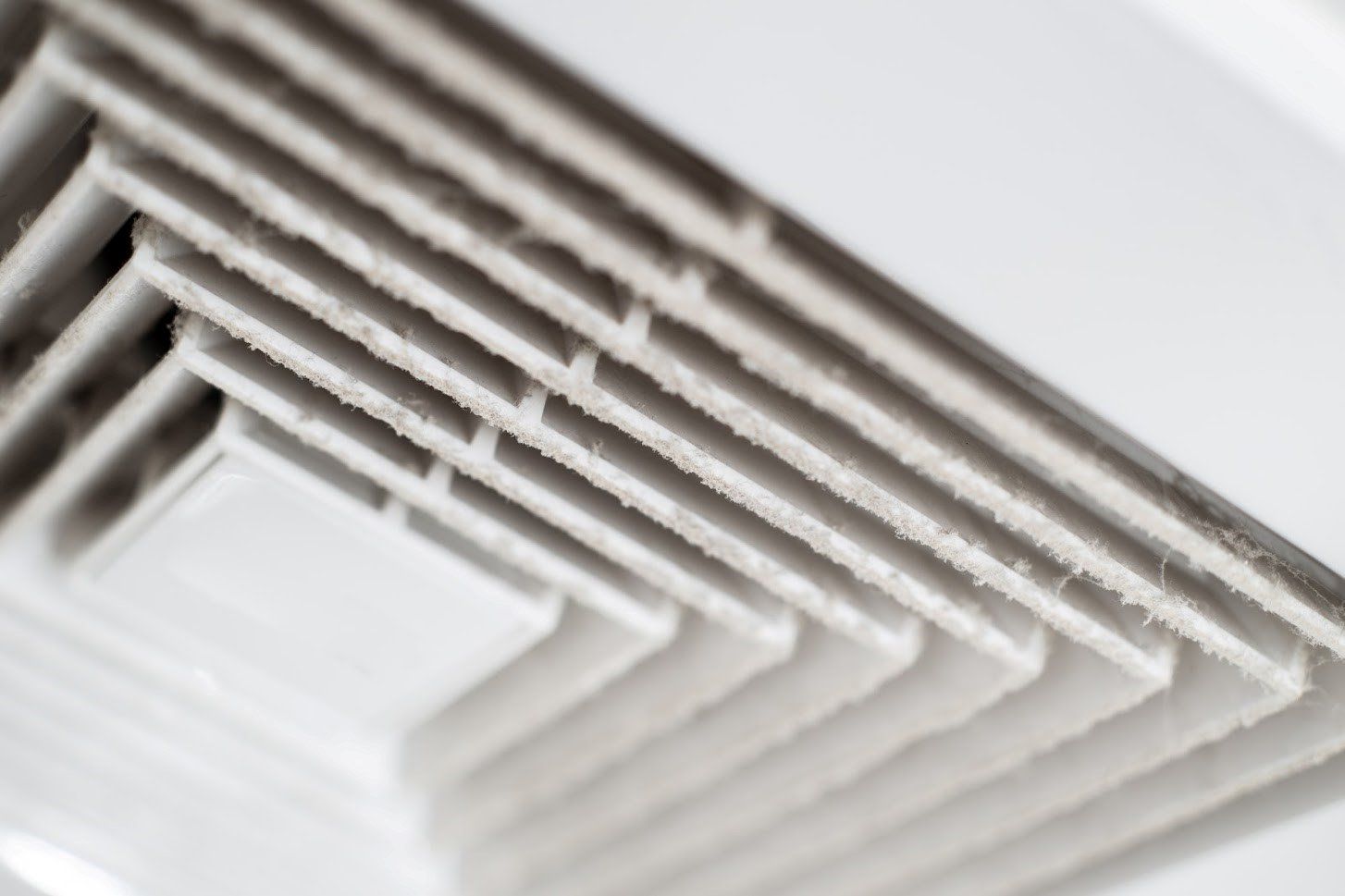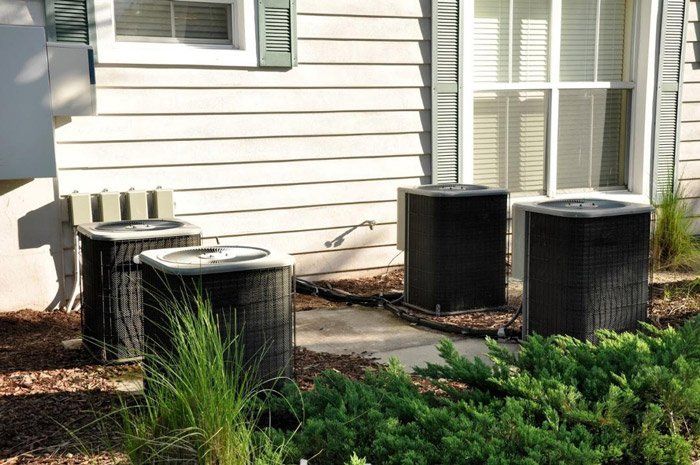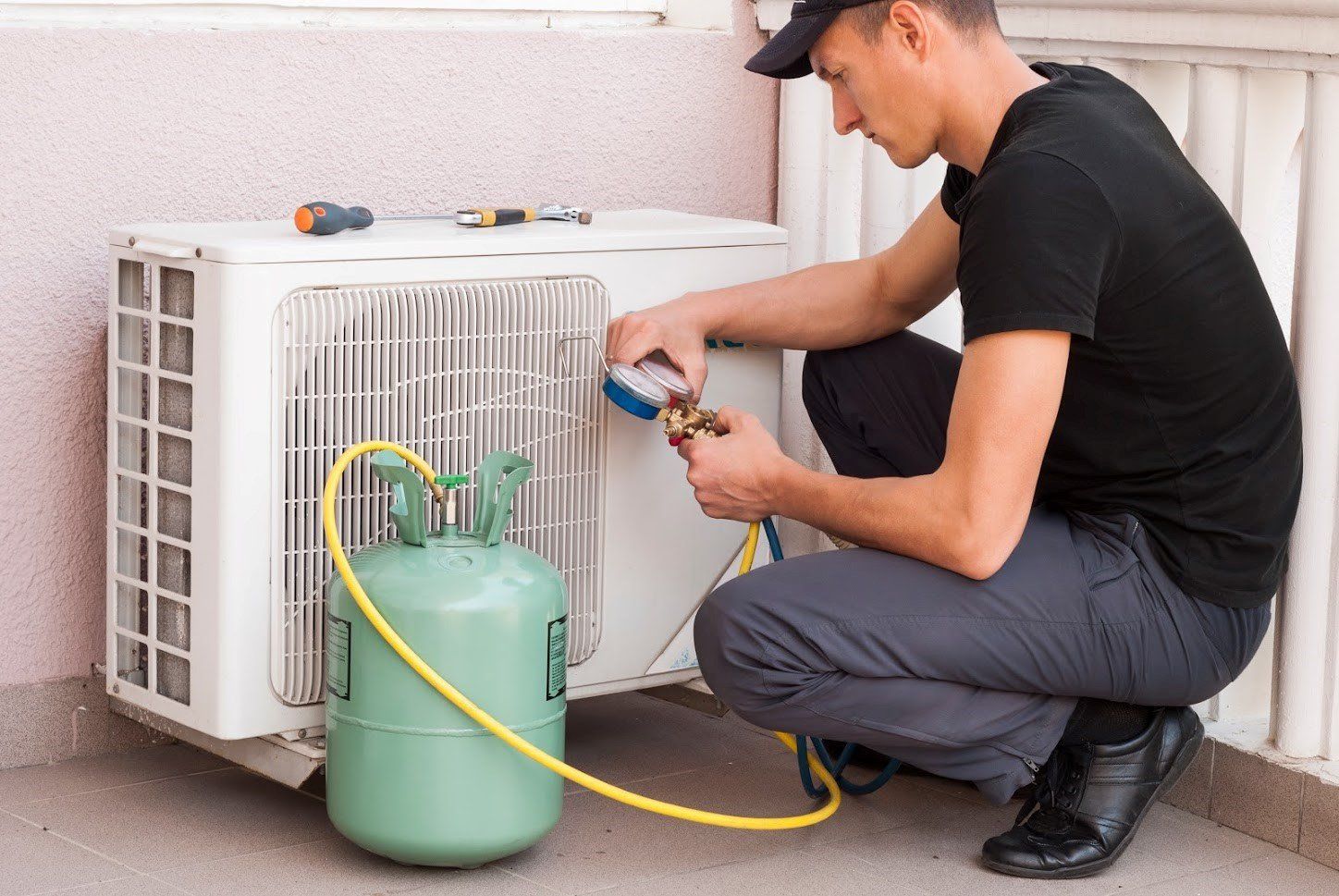How Can You Reduce the Risks of AC Damage?
admin • December 3, 2020
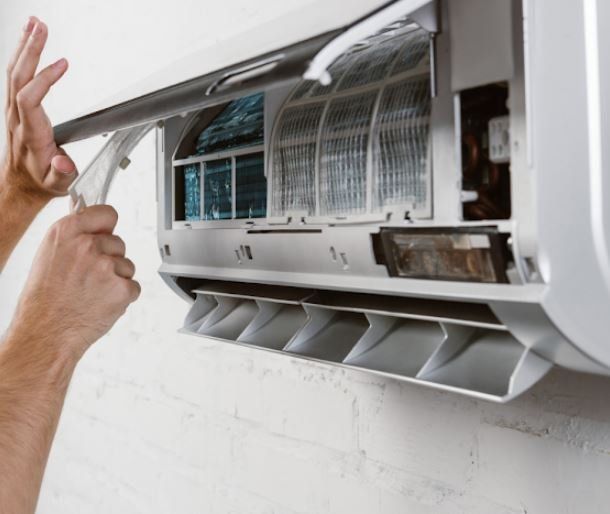
Can you prevent the need for an AC repair? Take a look at the ways to stop wear and tear, damage, or a complete breakdown before it starts with these easy-to-follow tips for homeowners.
Clean or Replace Filters Regularly
A dirty or clogged air filter can slow your system down. The filter traps dust, dirt, pet fur, allergens, and other flying debris and stops the re-circulation of contaminants inside your home. But if you don't regularly clean or replace the filter, it could force your air conditioner to work harder or reduce the system's cooling capacity. More specifically, a dirty filter can cause:
- Short cycling. Your air conditioner shouldn't turn on, off, on, and off again all day. The constant on–off of an AC unit (also known as short-cycling) may leave your home warm and cause premature wear or failure.
- Reduced efficiency. The harder your air conditioner works, the more energy it needs. This can cost you unnecessarily in high electricity bills, the price of repairs, or the expense of a full replacement (when your AC system wears out prematurely).
- Duct issues. The problems a dirty air filter can cause extend well beyond the air conditioner itself. Dust, debris, and other pollutants that make their way through the filter can end up in the air ducts. This process can narrow the ducts, reduce cooling, or cause odd odors in your home.
A high MERV (minimum efficiency reporting value) filter can stop particles as small as 0.3 to 1.0 microns
at a rate of 75 percent or greater, according to the U.S. Environmental protection Agency (EPA). This type of filter (or a HEPA filter) can reduce the risks of damage — leading to less repairs and a longer system lifespan.
Stop DIY Services
While a filter change is an easy do-it-yourself job almost any homeowner can try without help, other types of services require the expertise of a professional contractor.
When was the last time a professional inspected, cleaned, or repaired your AC system? If you can't answer this question, can't remember the last time a qualified HVAC professional was in your home, or attempt all your AC care and repairs on your own, you may need to call for service right now.
Even though it may seem like a DIY maintenance or other air conditioner service could save you money, it also could lead to potentially expensive repairs. The top reasons you shouldn't attempt a DIY service include:
- Missed damage. Do you know what to look for during an air conditioner inspection? If not, you could miss critical issues or the first signs of wear. This could result in increased (or more serious) damage or future problems.
- Additional damage. Are you an AC expert? If you don't have a professional-level background in air conditioner repair, a DIY service or some types of do-it-yourself routine maintenance activities can damage your system.
- Voided warranties. Is your AC system still under warranty? Not only can a DIY service or repair cause additional damage, it can leave you paying steep out-of-pocket costs.
Set the Thermostat
Filter changes and professional care aren't the only ways to prevent AC damage before it starts. The thermostat setting can also play a major part in the need for service.
The lower you set the thermostat, the harder the air conditioner works to cool your home. This can cost you in expensive cooling bills and lead to damage. A seven to ten degree Fahrenheit temperature change for eight hours a day can save you up to 10 percent
on cooling costs, according to the U.S. Department of Energy. This strategy can also save your system from premature wear.
Do you need to schedule an AC checkup? Contact Weather Control Air Conditioning, Inc., for more information.

